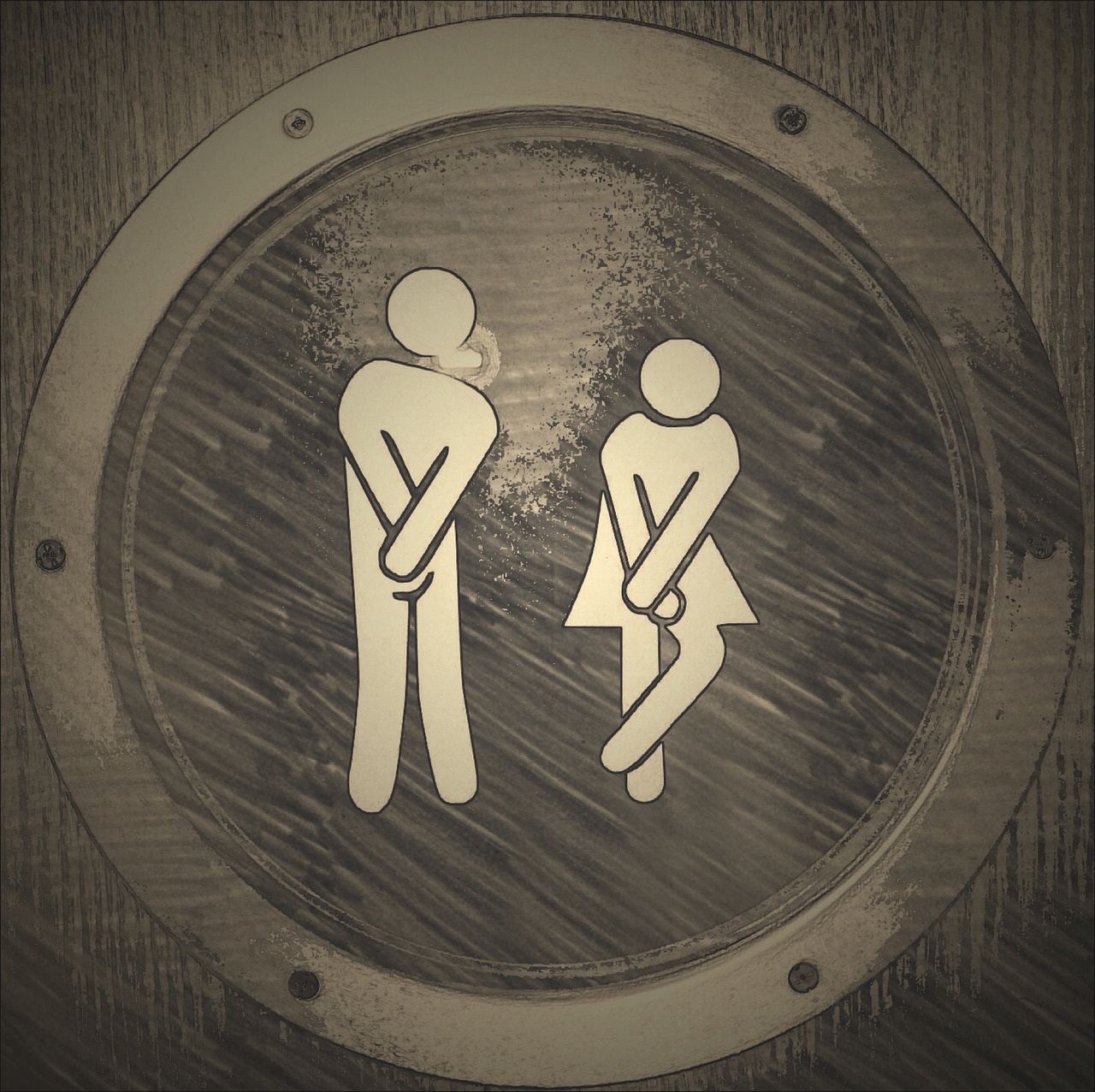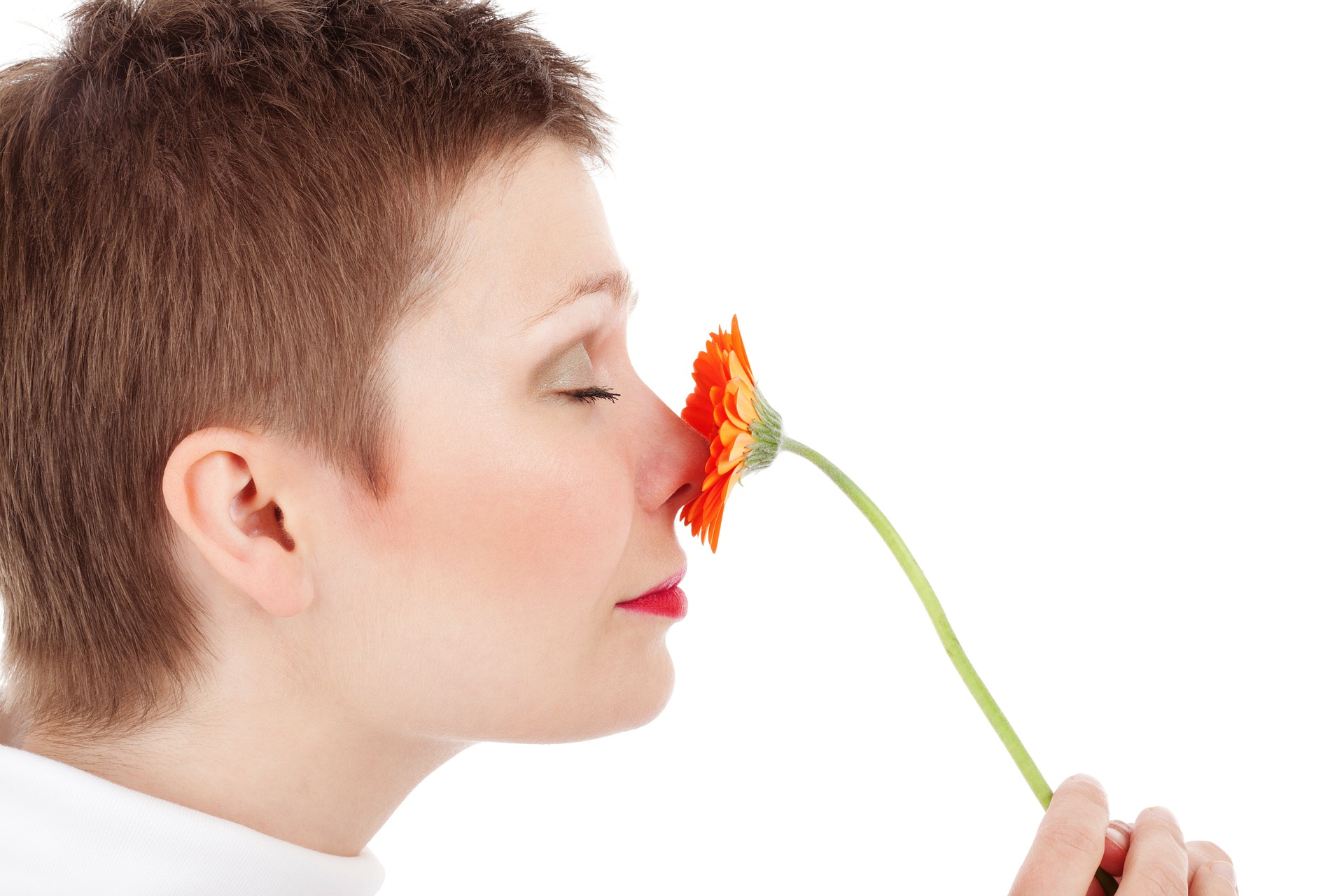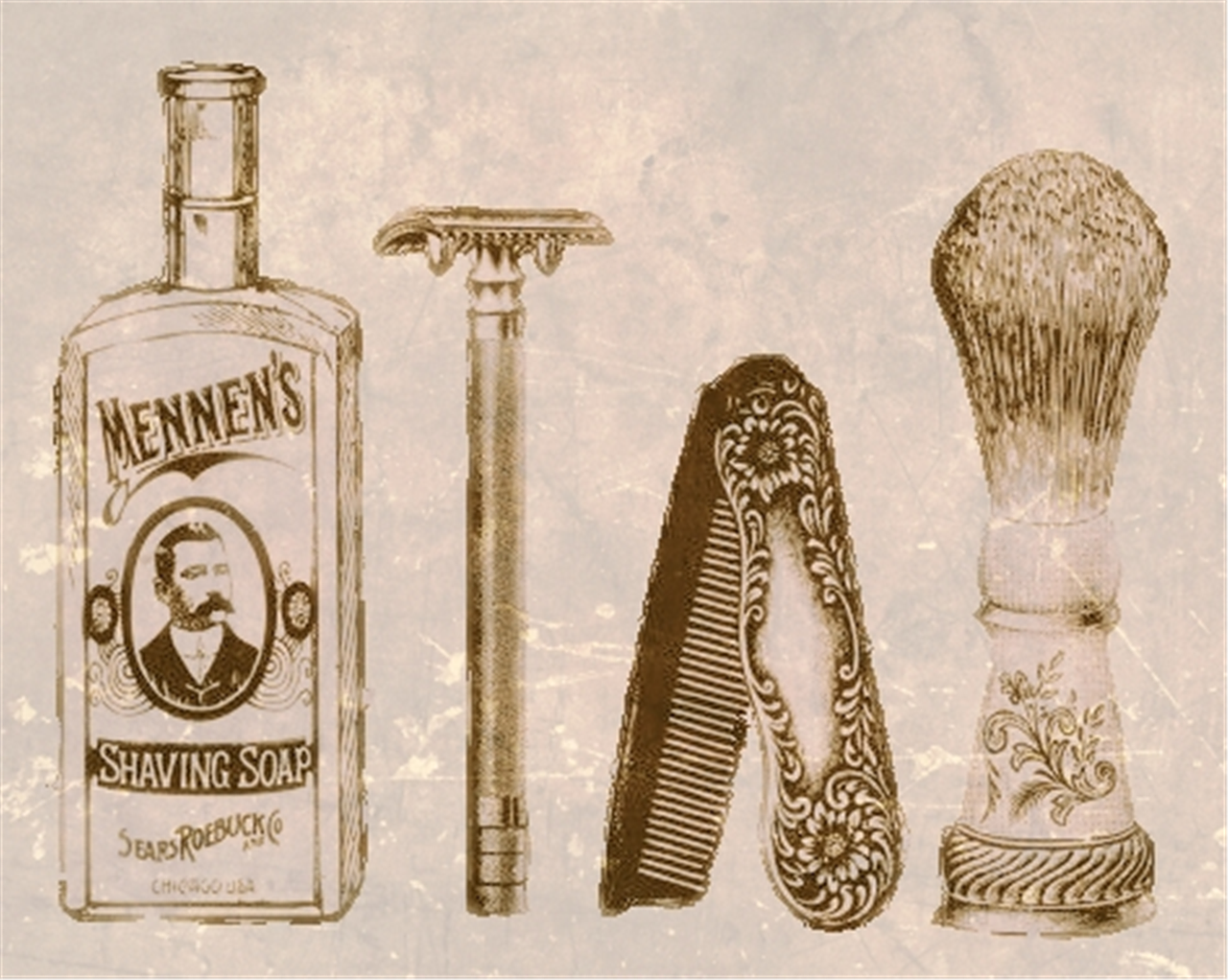Do You Know the Signs of UTI in the Older Adult?
By Meredith Kimple
Often when we consider the health issues that plague the elderly population, we tend to think of those that are strongly associated with advanced age, like dementia or heart disease. However, there are certain problems that, because of their seeming prevalence across all age groups, might be overlooked or underestimated when they occur in an older person.
One such problem is the urinary tract infection, or UTI.
Urinary tract infections are painful at any age, but for our senior loved ones, they can be particularly difficult and dangerous. A UTI is, generally, any infection in the urinary system, and while it typically begins in the urethra and bladder, it can spread to the kidneys if it goes untreated. The primary cause is the spread of gastrointestinal bacteria from the anus to the urethra; because the anus and urethra are in much closer proximity on the female body, it is estimated that 40 to 60% of women develop a UTI in their lifetime.
Older individuals are also especially susceptible to UTIs. There are several reasons for this, including:
- Urine Retention.
Compared to younger individuals, the elderly tend to have weaker bladder muscles, making it difficult for them to empty their bladders completely. Bladder prolapse and certain medications can also lead to urine retention.
Incontinence, coupled with an older person’s inability to clean themselves thoroughly, increases the likelihood that bacteria will enter the urethra.
- Health Conditions.
Certain pre-existing health conditions, like diabetes or kidney stones, increase a senior’s chances of getting a UTI. A weakened immune system and poor hygiene can also substantially increase their risk.
- Decreased Estrogen (Women).
Post-menopause, a decrease in estrogen level can allow for the cultivation of bacteria in the vagina and urethra, which in turn can cause infection.
To further complicate matters, the typical symptoms of a urinary tract infection do not always appear in older individuals. Rather than painful, frequent urination, pelvic pain, and fever, they may exhibit changes in their mental state and behavior. UTI symptoms in the elderly are often misconstrued as the onset of dementia or Alzheimer’s disease, and include behavioral changes, confusion, heightened irritation, falling, and dizziness.
A urinary tract infection brings pain and discomfort regardless of age, but for our senior loved ones, it poses greater danger. If a UTI is left untreated for a prolonged period of time, there is a significant risk that the infection will spread to the kidneys or the bloodstream, which can ultimately lead to organ failure and death. This is especially problematic if an older person has dementia or Alzheimer’s disease, as the behavioral and mental changes a UTI brings may be more difficult to detect.
How can we, as their friends and family, help our senior loved ones protect against a urinary tract infection?
- Encourage Good Hygiene
In a previous blog post we discussed the importance of helping our older relatives maintain good hygiene. Making sure that they can comfortably bathe and clean their privates properly is one way to ensure that they are not spreading harmful bacteria to their urethra.
- Ensure Regular Water Intake
Drinking plenty of water throughout the day helps to keep urine clear, and prevents the accumulation of bacteria in the bladder.
- Maintain a Bathroom Schedule
Using the bathroom as soon as they feel the urge to urinate will help ensure that they are emptying their bladders as much as possible. If feasible, monitor the frequency of their bathroom visits and remind them to use it if they go several hours without a trip.
If your senior loved one is at a higher risk of developing a urinary tract infection, then preventative efforts may not be sufficient. Luckily, UTIs can be easily treated with antibiotics when caught early; this is why it is of the utmost importance that we remain vigilant for any of the warning signs. If you notice a sudden and alarming mental or behavioral change in an older loved one, suggest that they see their physician to rule out infection.
Because the symptoms of a urinary tract infection present differently in the elderly, we should educate our older loved ones so that they know what to watch for and can take the proper precautions. If they have a cognitive impairment, they may require more active observation, either from you or their caregiver; they may have difficulty communicating and recognizing their own symptoms, so if you suspect a UTI, it is better to err on the side of caution.
As we age, our immune systems weaken, leaving us especially vulnerable to infection. Though UTIs are certainly not unique to the elderly strata of the population, they should be taken seriously when they occur; though they are not life threatening in and of themselves, urinary tract infections pose a significant risk of death if left untreated. Our senior loved ones cannot easily withstand the strain a major infection inflicts on an older body; it would be a mistake to underestimate the impact a UTI can have beyond the urinary system. Though we may not be able to prevent them, having a grasp of the symptoms and communicating these concerns to our older loved ones can only help to protect the quality of their health.


